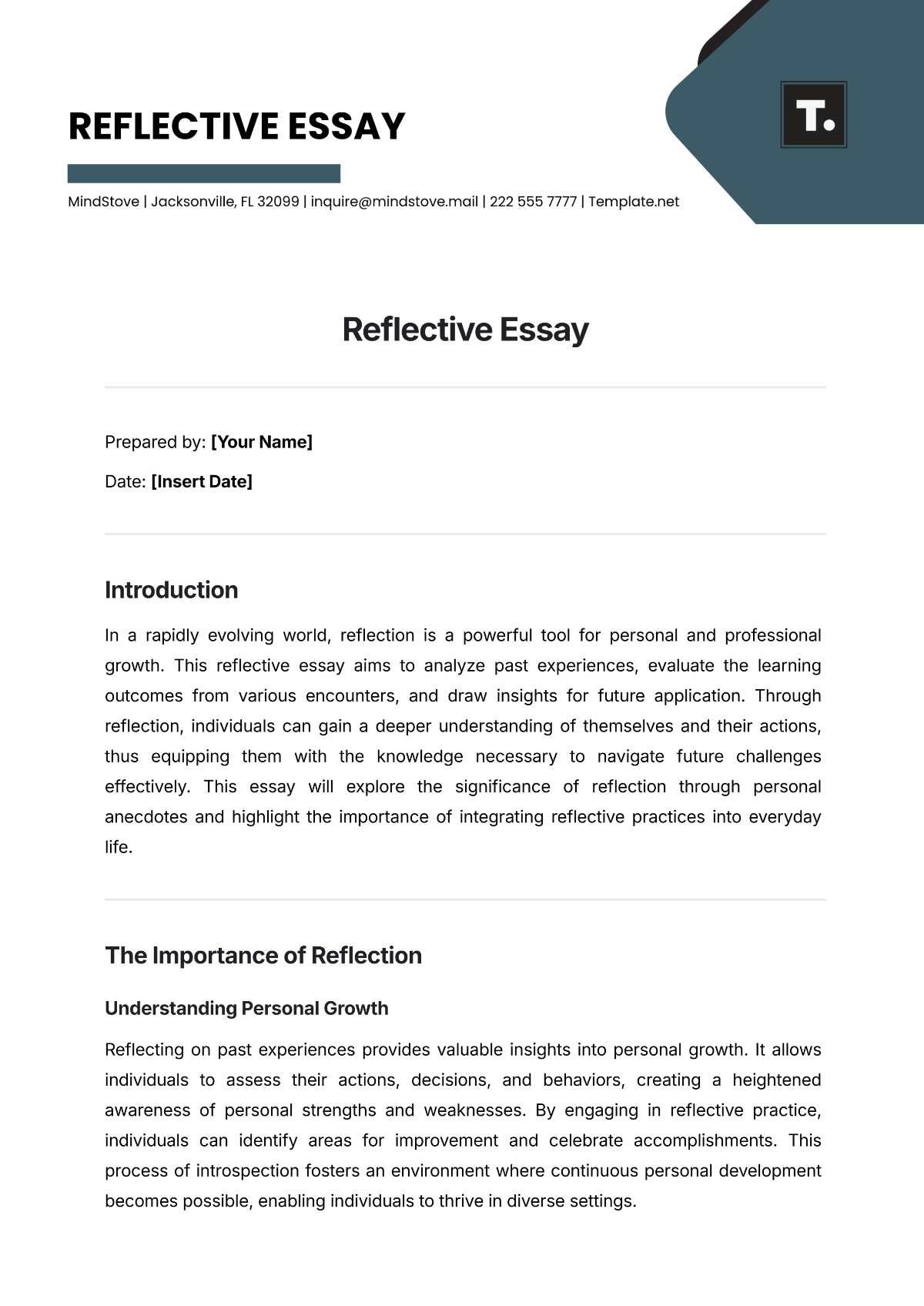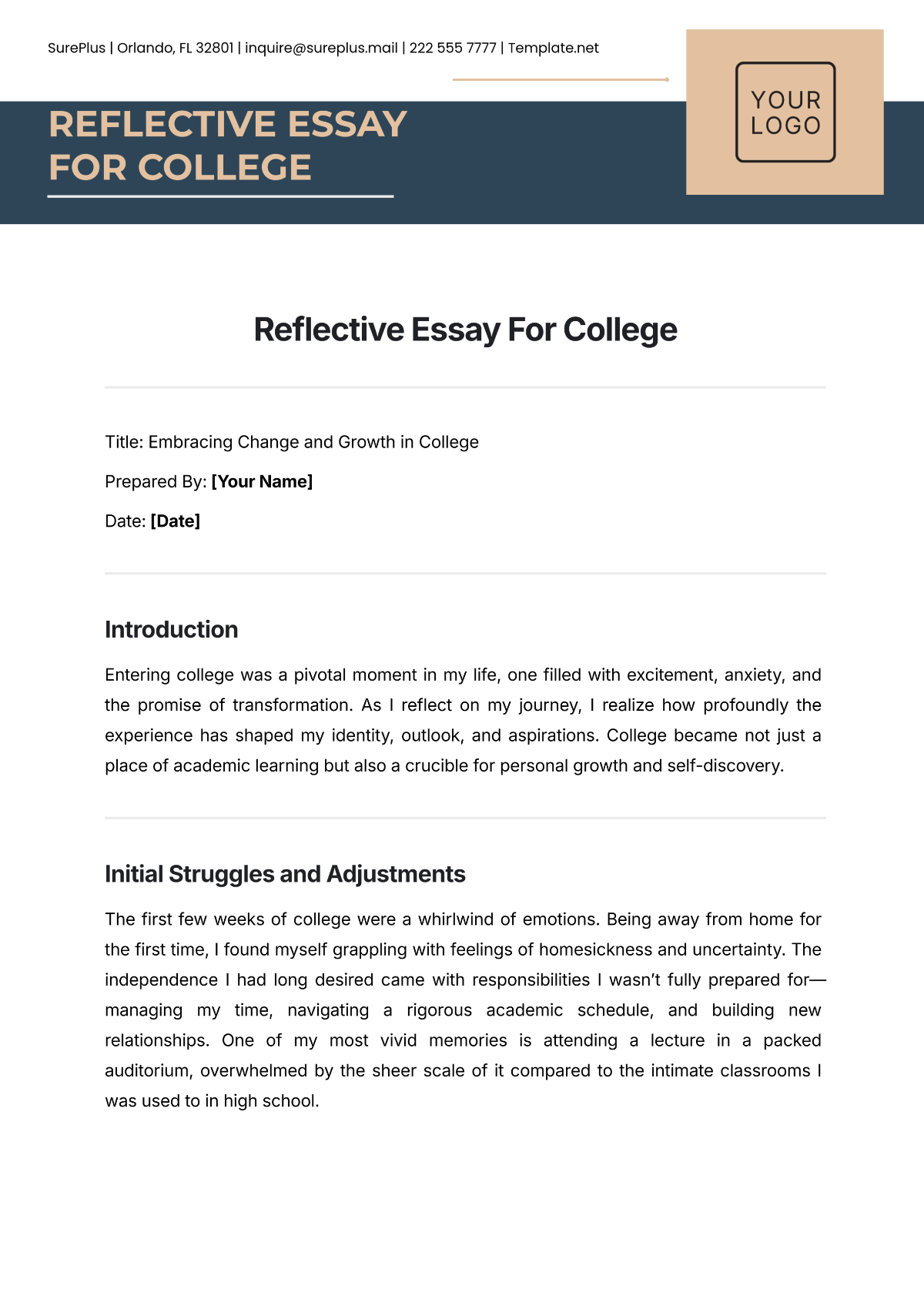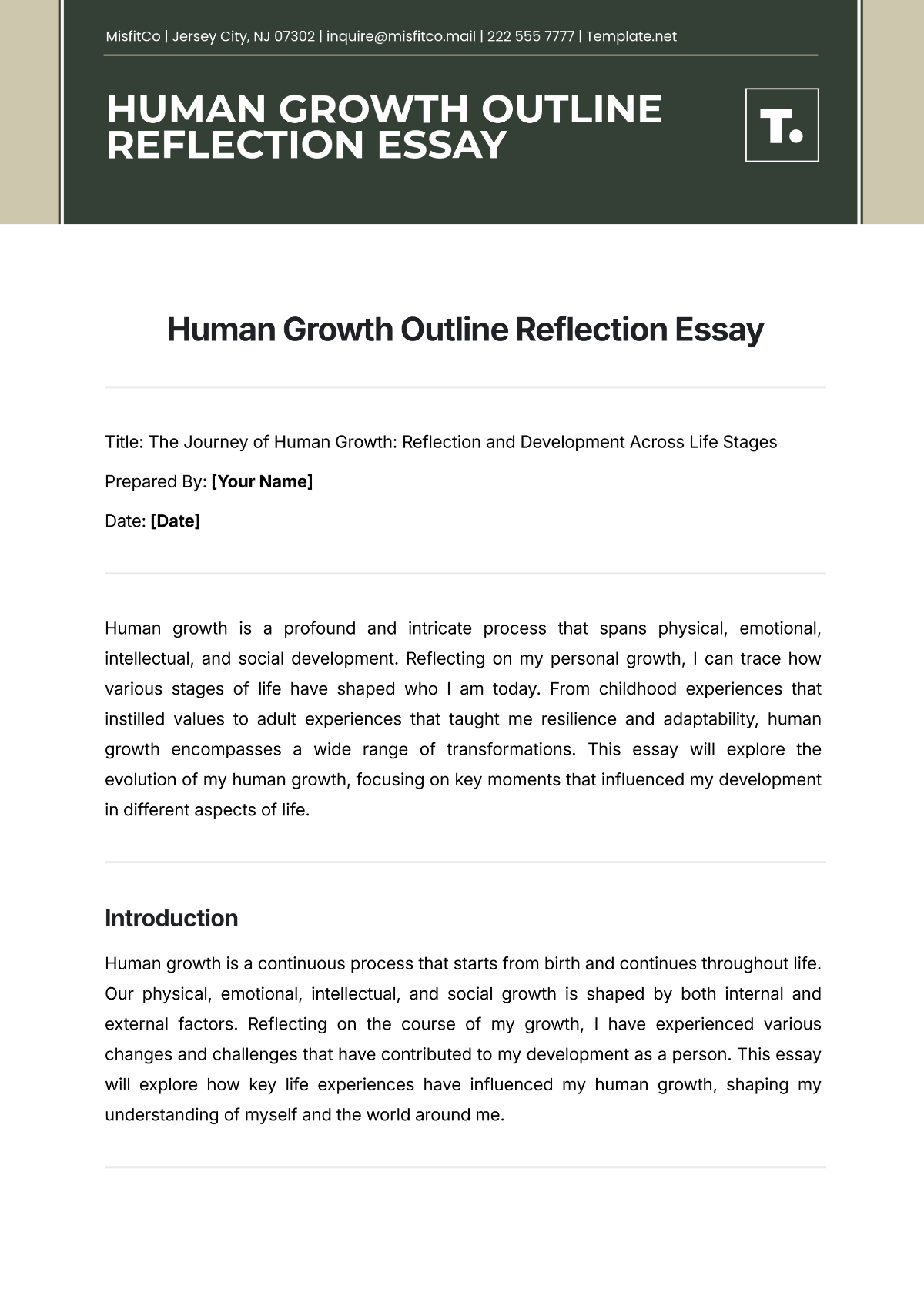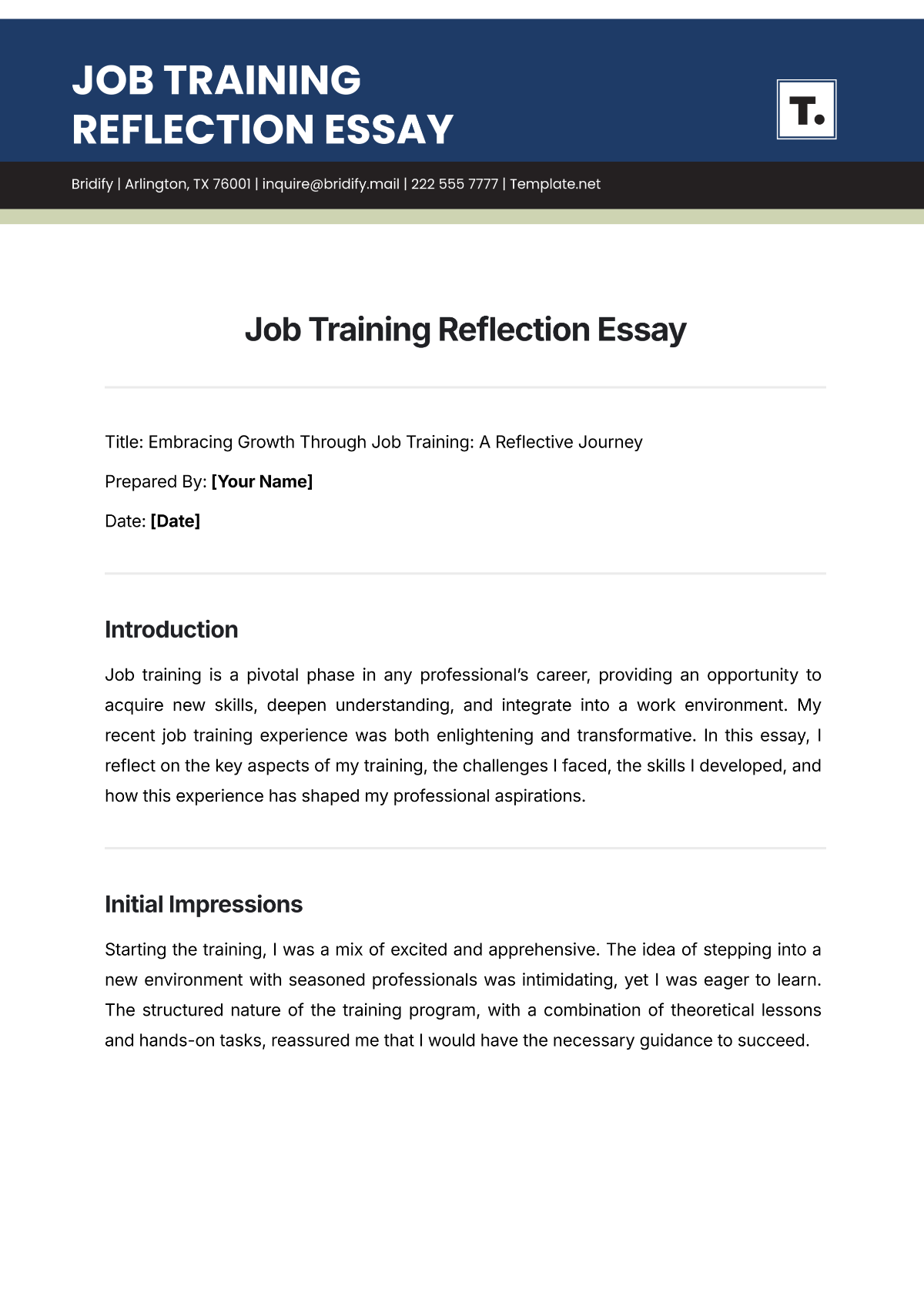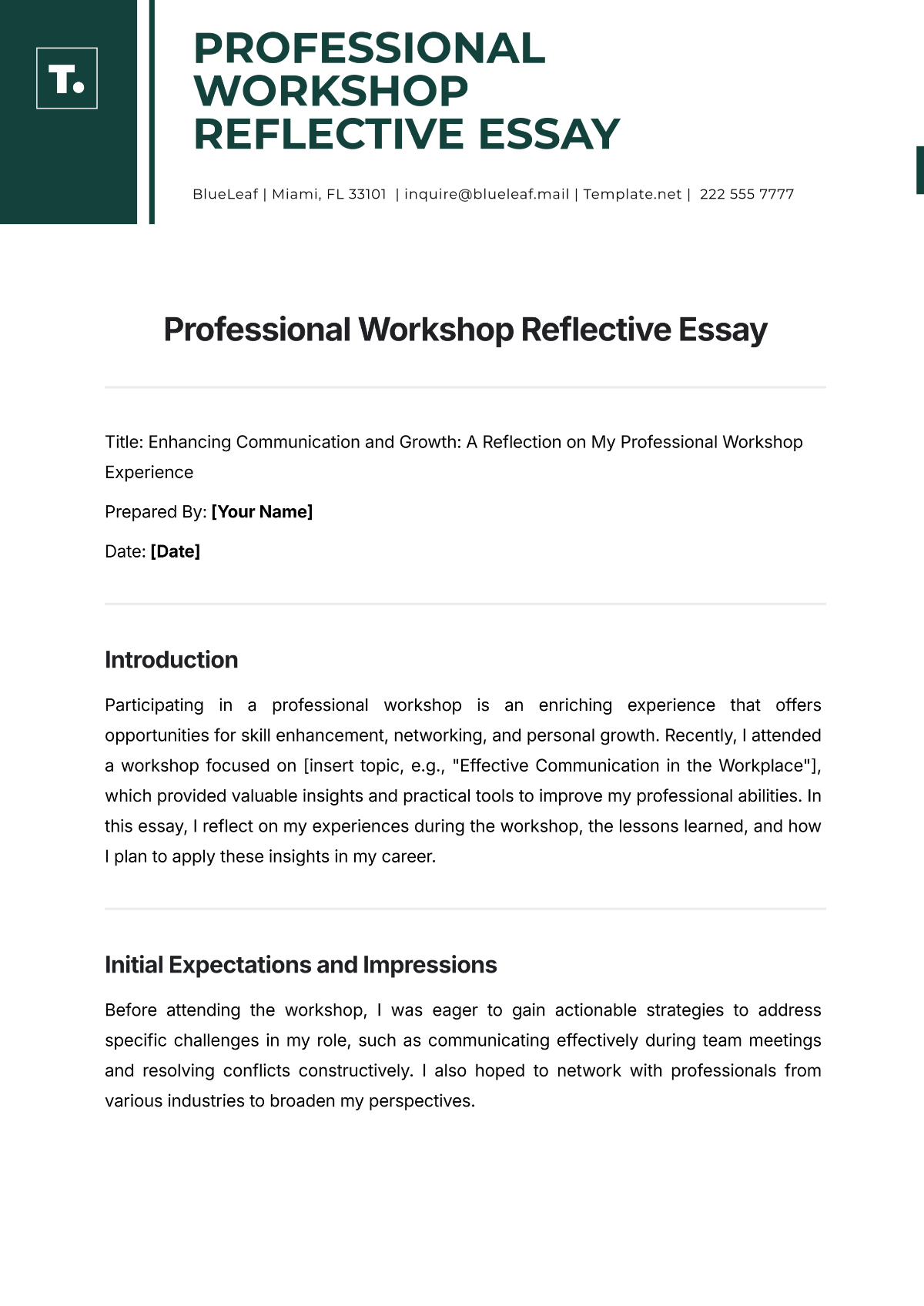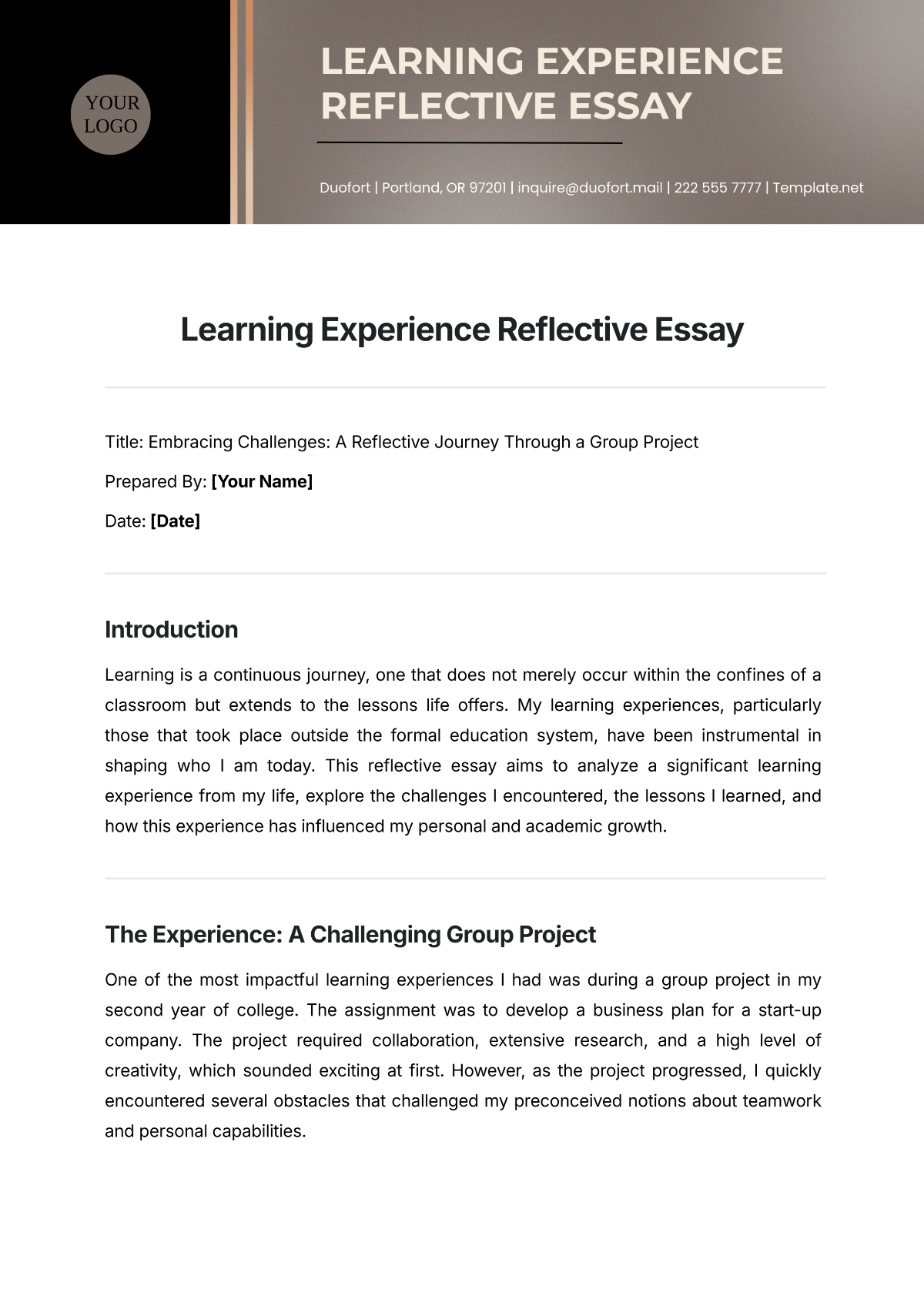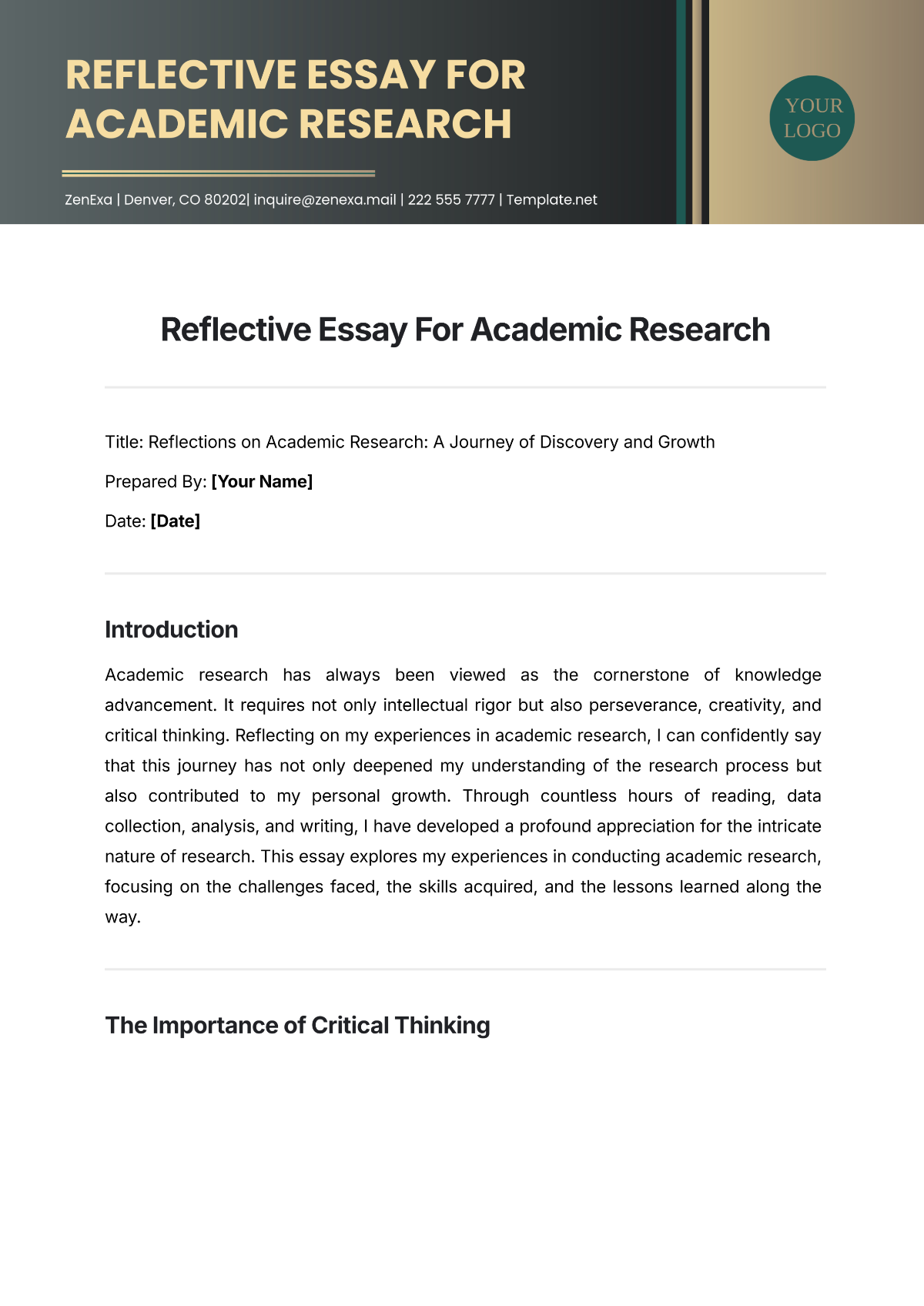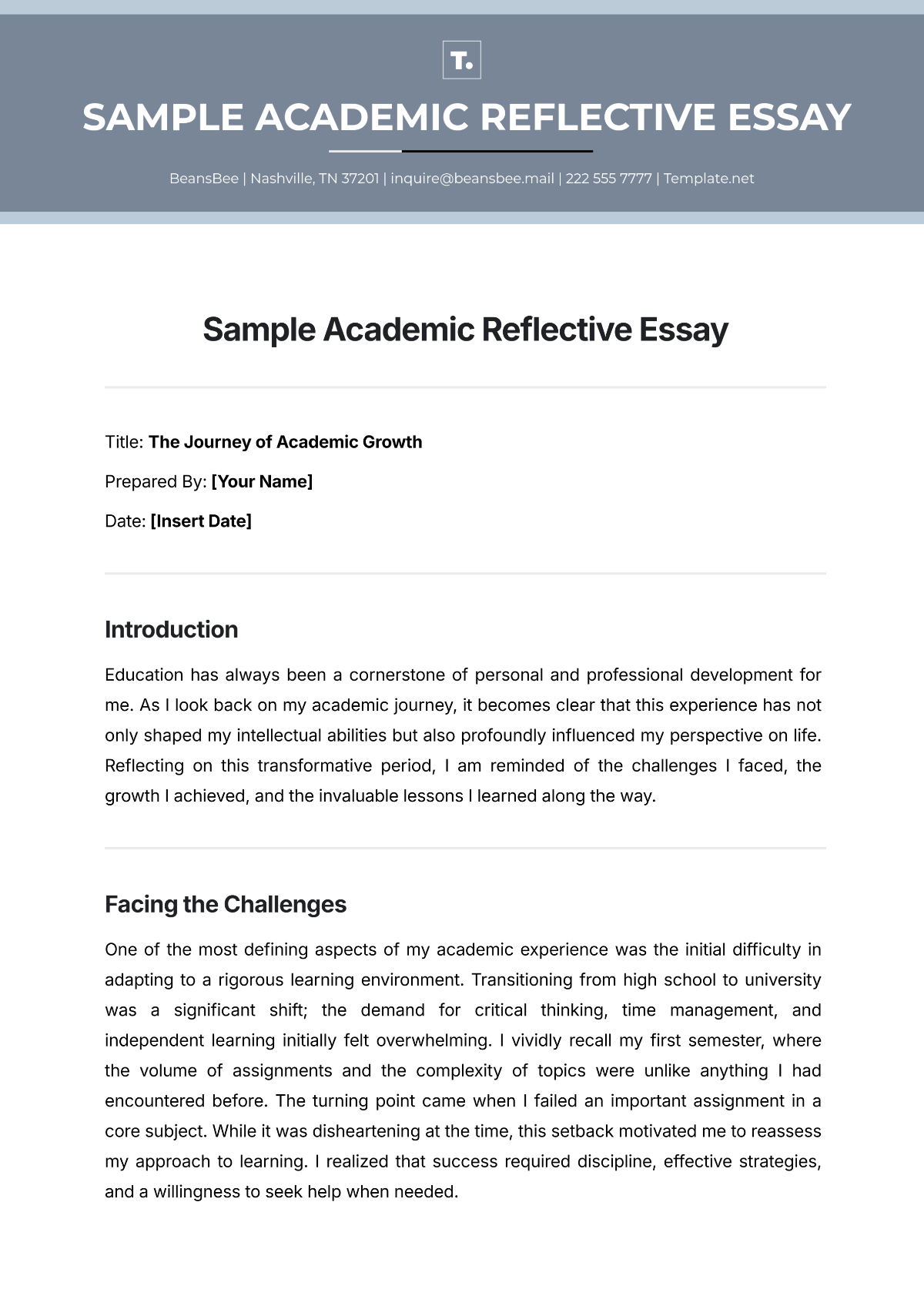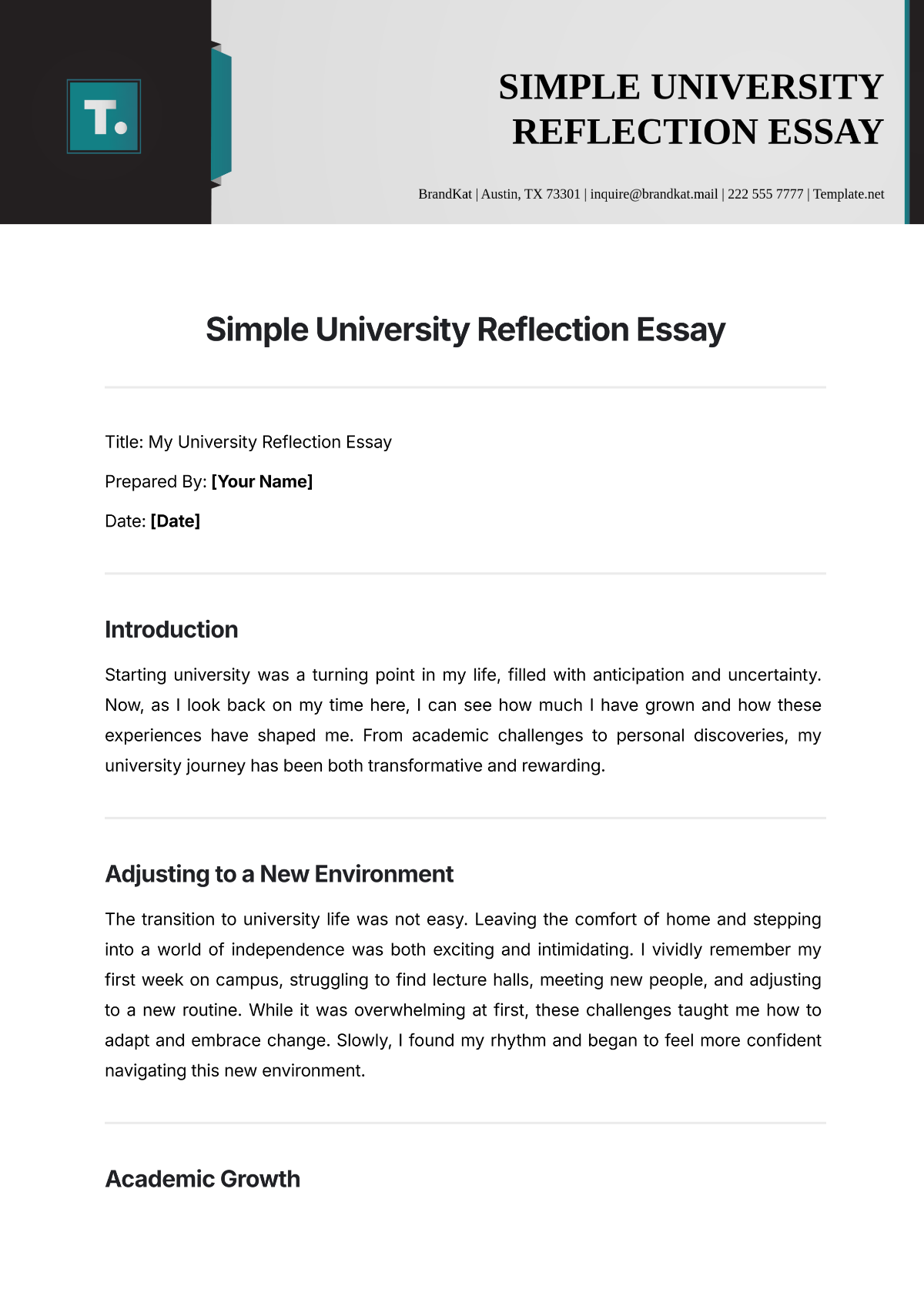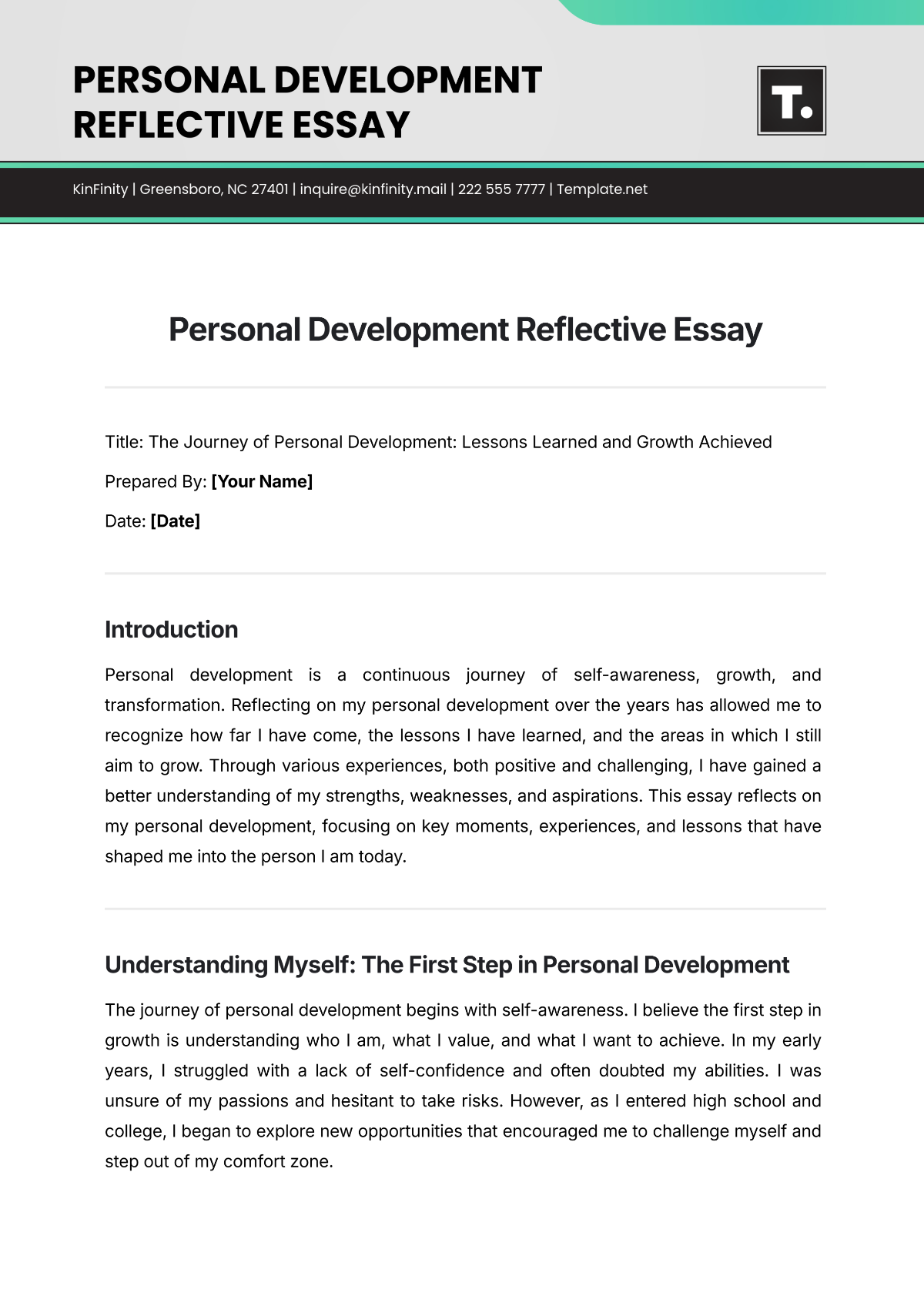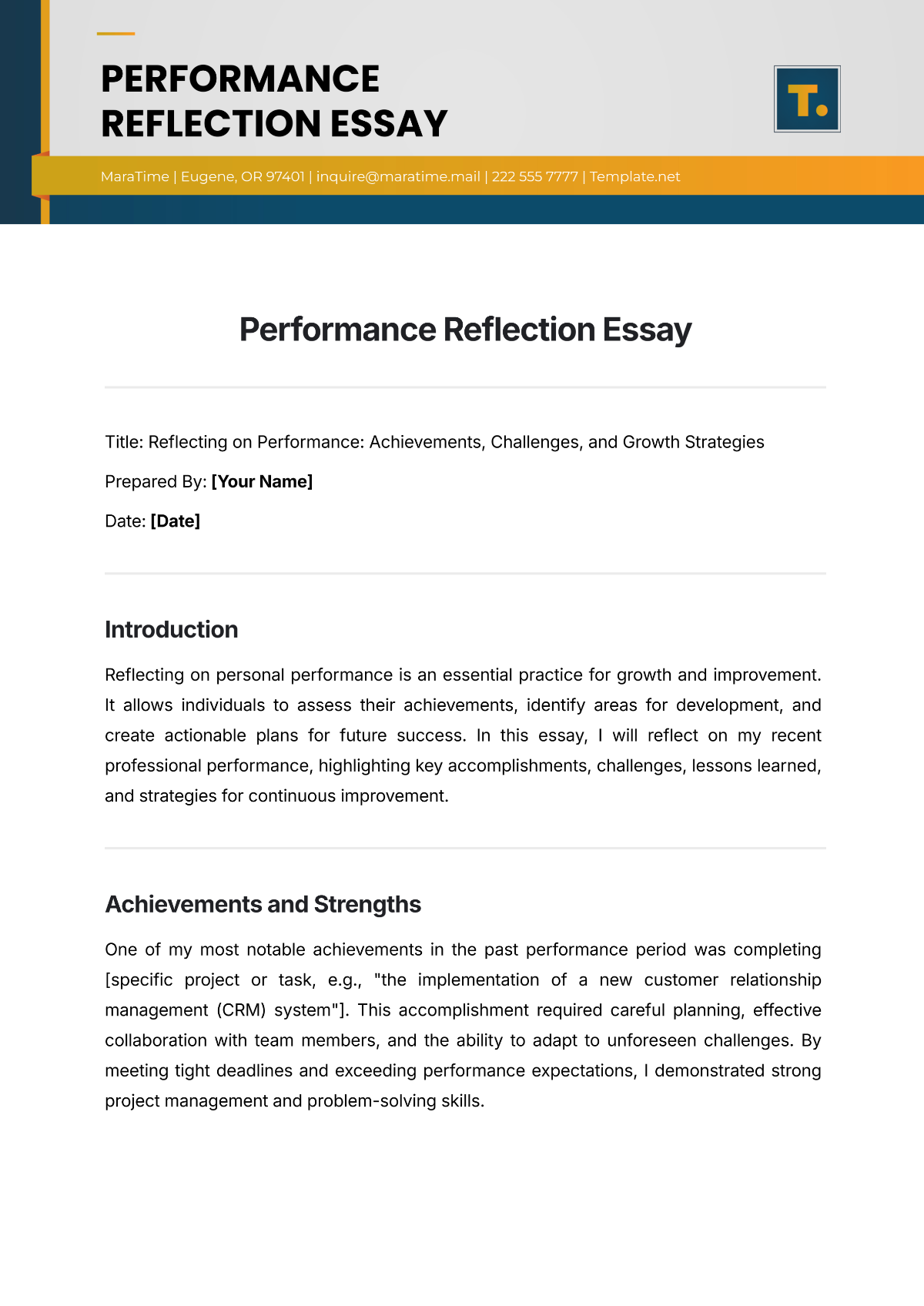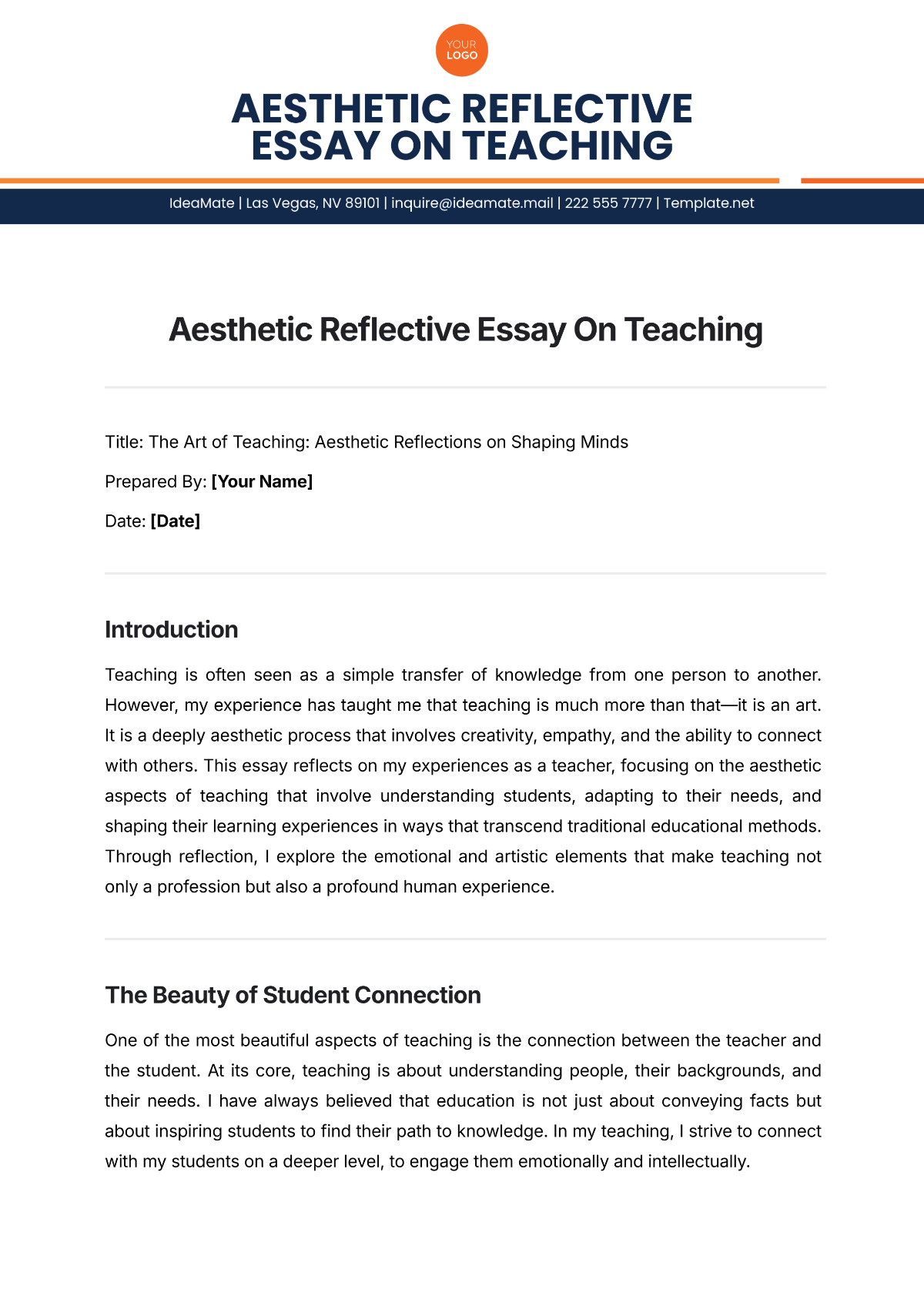Free Expository Essay on Coding in Schools Template
Expository Essay on Coding in Schools
Introduction
In the rapidly evolving digital age, there is an increasing emphasis on the importance of coding in educational curricula. As technology becomes an integral part of daily life, teaching coding in schools is emerging as a significant educational trend. This essay aims to explore the role and benefits of coding education, emphasizing how it enhances students' learning experiences, fosters essential skills, and impacts future opportunities.
The Role of Coding in Enhancing Learning Experiences
One of the primary roles of coding in schools is to enrich students' learning experiences. Coding integrates various subjects such as mathematics, science, and language arts, making these subjects more engaging and practical (Kafai & Burke, 2050). For instance, students applying algebraic concepts to solve real-world problems through coding projects can better grasp abstract mathematical theories. Additionally, coding encourages active learning and problem-solving, which are pivotal in understanding complex academic concepts.
The Skills Fostered by Coding Education
Teaching coding in schools develops a multitude of skills beyond technical proficiency. Coding fosters critical thinking and logical reasoning, as students must analyze problems, devise algorithms, and troubleshoot errors. According to Grover and Pea (2051), coding also enhances creativity, as students design and build their projects, encouraging innovative thinking. Moreover, collaboration is a significant aspect of learning to code, as many coding tasks require teamwork, improving students' ability to communicate and work effectively with others.
Impact on Future Opportunities
Coding education substantially impacts students' future opportunities. In an economy increasingly dominated by technology, coding skills are in high demand across various industries. The Bureau of Labor Statistics (2052) reports that computer and information technology occupations are expected to grow faster than the average for all professions. Furthermore, coding skills provide students with valuable problem-solving and analytical abilities that are applicable to numerous career paths. Early exposure to coding can also inspire students to pursue further education and careers in STEM (Science, Technology, Engineering, and Mathematics) fields.
Conclusion
Incorporating coding into school curricula presents an invaluable opportunity to enhance educational experiences, develop vital skills, and prepare students for future success. As technology continues to permeate every aspect of life, the ability to code becomes an essential skill. The integration of coding education ensures that students are not only consumers of technology but also creators and innovators, equipped to navigate and shape the digital world.
Bibliography
Kafai, Y. B., & Burke, Q. (2050). Connected Code: Why Children Need to Learn Programming. The MIT Press.
Grover, S., & Pea, R. (2051). Computational Thinking in K–12: A Review of the State of the Field. Educational Researcher, 42(1), 38-43.
Bureau of Labor Statistics. (2052). Computer and Information Technology Occupations. U.S. Department of Labor.
